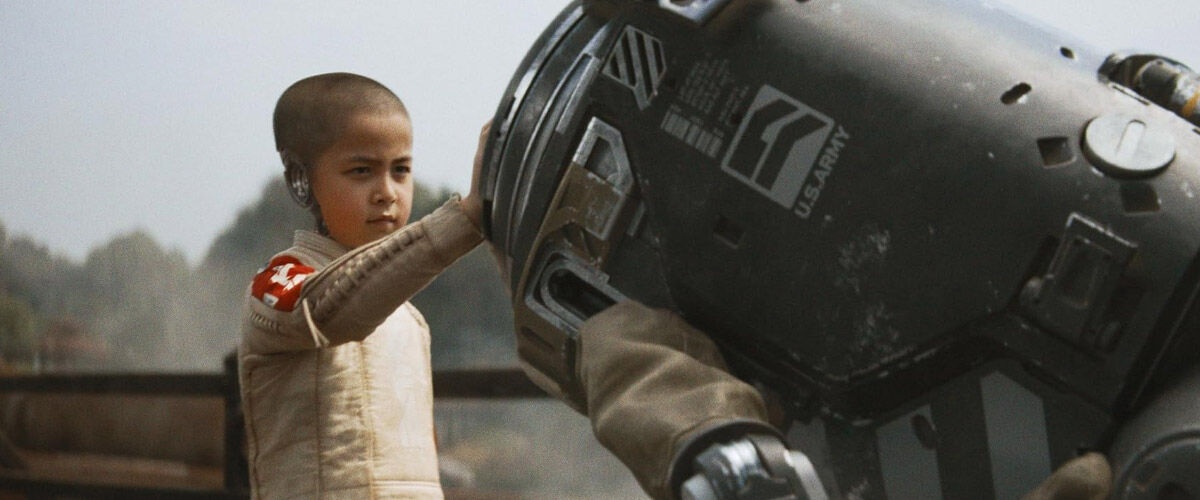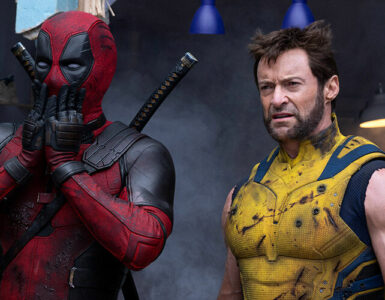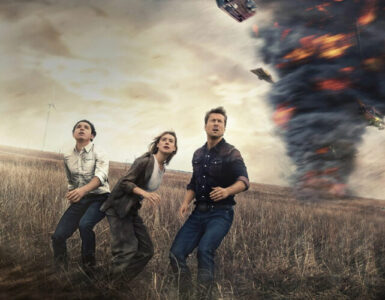The idea of Man versus Machine has been the cornerstone of science fiction, but what makes the concept stand out among a sea of clones and copycats is the way writers, and in this case, directors, approach the premise with a strong foundation and a style of their own.
That’s what sets Westworld (1973), Blade Runner (1982), Terminator (1984), Ghost in the Shell (1995), The Matrix (1999), Ex Machina (2014) and others of it kin apart, and this year, we have Gareth Edwards’ The Creator as a contender, not just for it’s fresh take on a familiar trope, but as one of the strongest sci-fi movies based on an original story in the last decade.
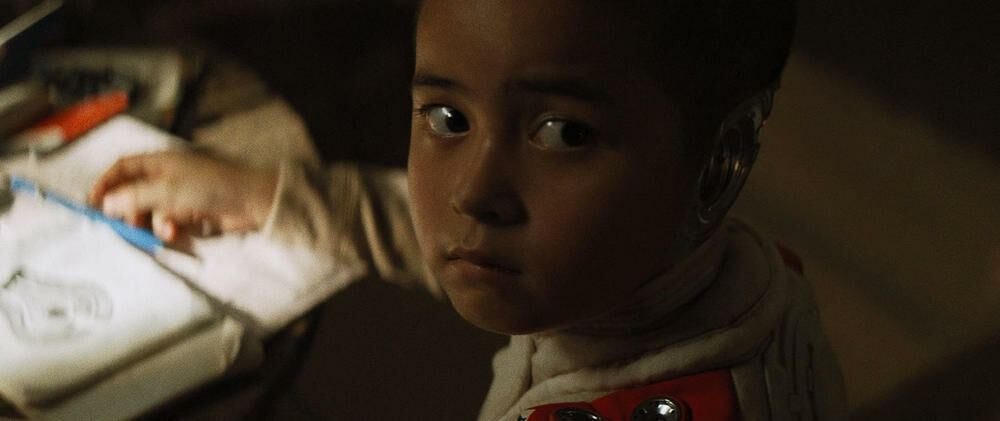
The concept of mankind living with alongside artificial intelligence (AI) also hits close to come this year, as society has had to deal with the actual rise of AI in its ability to learn, grow and support our work, along with its dark capacity to steal concepts, and build upon its ability to generate something new, but not quite original.
Edwards, who made his name with 2014’s Godzilla reboot and 2016’s Rogue One: A Star Wars Story, has established himself to be a visual storyteller, and The Creator looks to be the sum of all the small parts he’s done before, but instead of working in someone else’s massive universe, he build one of his own. Filming took place during the pandemic, across eight countries and over 80 locations, mainly in Asia and it’s a familiar aesthetic held strong by the masterful cinematography of Oren Soffer but assembled with Edwards’ deft touch.
In a reality besieged by AI, it’s the United States versus New Asia, where a nation that helped develop the technology gets burnt badly by it, and vows to exterminate it even if others have learned to embrace and accept it. In pursuit of Nirmata, the supposed messiah of modern AI, special forces soldier Joshua (John David Washington) infiltrates a group to get close to Nirmata’s daughter, Maya (Gemma Chan), only for things to go south and life as he knows it gets wiped out by NOMAD, a orbital super weapon dedicated to exterminating AI sympathizers, and all artificial constructs wearing human faces, known as simulants.
Five years later, Joshua is called back into service because Nirmata has been found with a secret weapon, and it’s at Joshua’s old haunt in Asia that he’s familiar with. In he goes with a strike force, but half of them get wiped out and the weapon turns out to be a young girl. And therein lies the humanity of this story – do you fight to protect your kind, even if they have been the one doing the mass extermination, or help another group perceived to eventually bring the downfall of humanity?
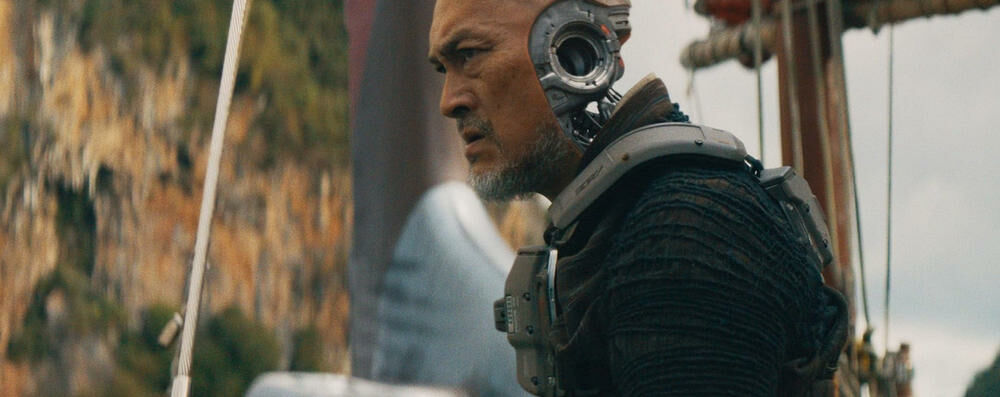
Obsessed in establishing the truth behind the events from five years ago, Joshua aids the AI child, but is now being hunted by both sides. The Americans think he’s trying to save the child, while the simulants want to save the child from a human who once betrayed them, and Edwards manages to subvert some expectations to keep things going, and stops short of answering some questions, leaving it up to audiences to decide the nature of AI and our perception of it.
And it’s not as if Joshua is a hero of any type, as he openly describes AI as merely advanced programming, and doesn’t understand the need to give it love or loyalty, until he meets Alfie, played by sensational newcomer, Madeleine Yuna Voyles.
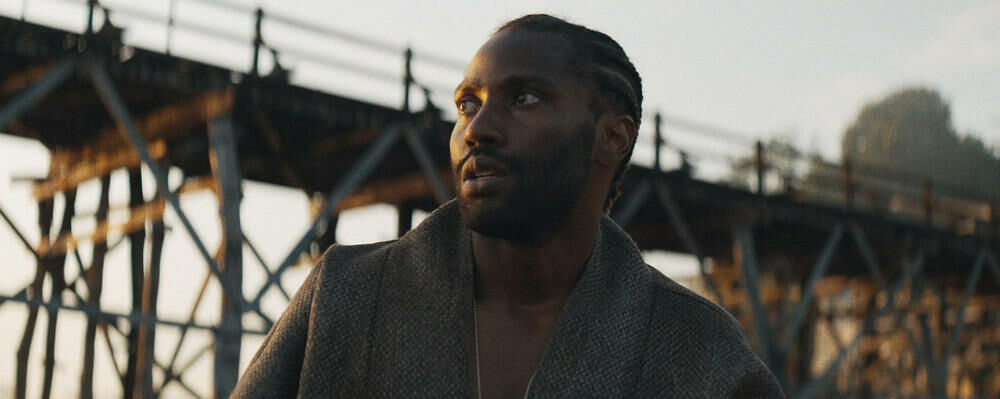
And then there are the simulants – some are partners to humans, and Joshua cannot understand that relationship, while other artificial beings willingly sacrifice themselves to save others, both human and AI. There are also the extreme ones who understand the need to rescue Alfie from Joshua, but have no qualms in treating Alfie as another means to subjugate their human enemies. And it doesn’t help that the person hunting them, and Joshua down, is none other than Allison Janney’s Howell, an intense, no rubbish commander whose only goal is to capture Alfie, and will not hesitate to destroy anything and anyone to get her way.
On the surface, the story is an amalgamation of familiar narrative elements and sci-fi tropes, but it’s the way Edwards delivers the story about human fallacy, our reliance in AI, and even the allegory towards war and its justification – is the obliteration of a race of thinking machines justified simply because America feel it so? The attack on the people supporting the simulants already makes the case for a more calibrated approach, but America’s history with treating sympathizers of those deemed its enemies has always been about acceptable casualties, which makes the film very clear that Americans are the bad guys here.
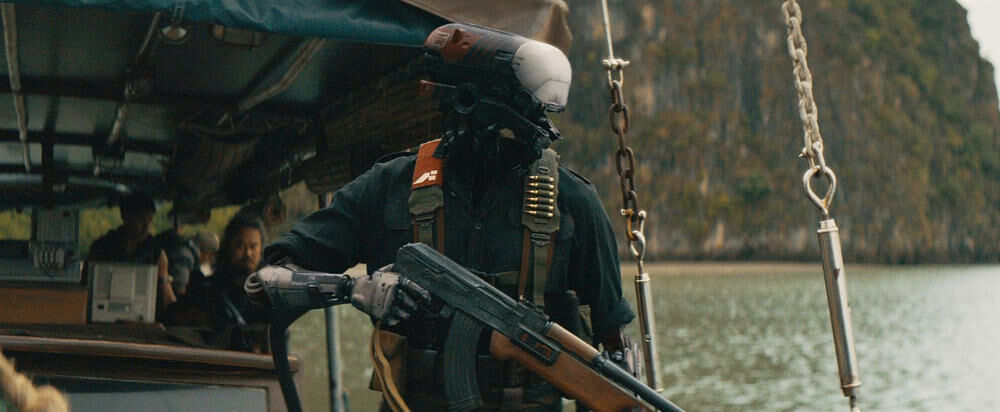
This means that humanity lies in AI and it’s a bold approach that would likely anger some folks, but that’s what stories are for. That said, the movie tells such a strong story that it does lack a certain level of street-level action that hasn’t always been Edwards’ forte. Even as the movie tries to establish the battle between man and machine, and the way each develops tactics to win the tide of war, the final act makes it clear that mankind has the edge. The audacious approach in which Joshua brings the fight to Nomad is both insane, illogical and borders on insanity, which means that it’s an approach that AI can never develop on their own, because it doesn’t have the foundation to establish such a foolish plan.
But the plan also wouldn’t work without Alfie, which means that a combination of human bravado and AI was needed to save AI from the space villain, and that was the only way the story could have been played out.
GEEK REVIEW SCORE
Summary
Edwards’ history of making larger-than-life movies culminates into one where he’s able to inject humanity, and some incredibly beautiful visuals, into an original story that could do with a little more action, but it has enough heart to carry this sensational tale all the way to the end.
Overall
8.4/10-
Story - 8/10
8/10
-
Direction - 8.5/10
8.5/10
-
Characterisation - 8/10
8/10
-
Geek Satisfaction - 9/10
9/10

